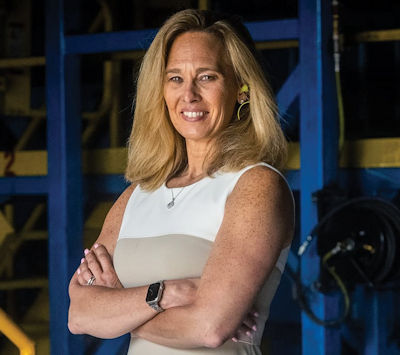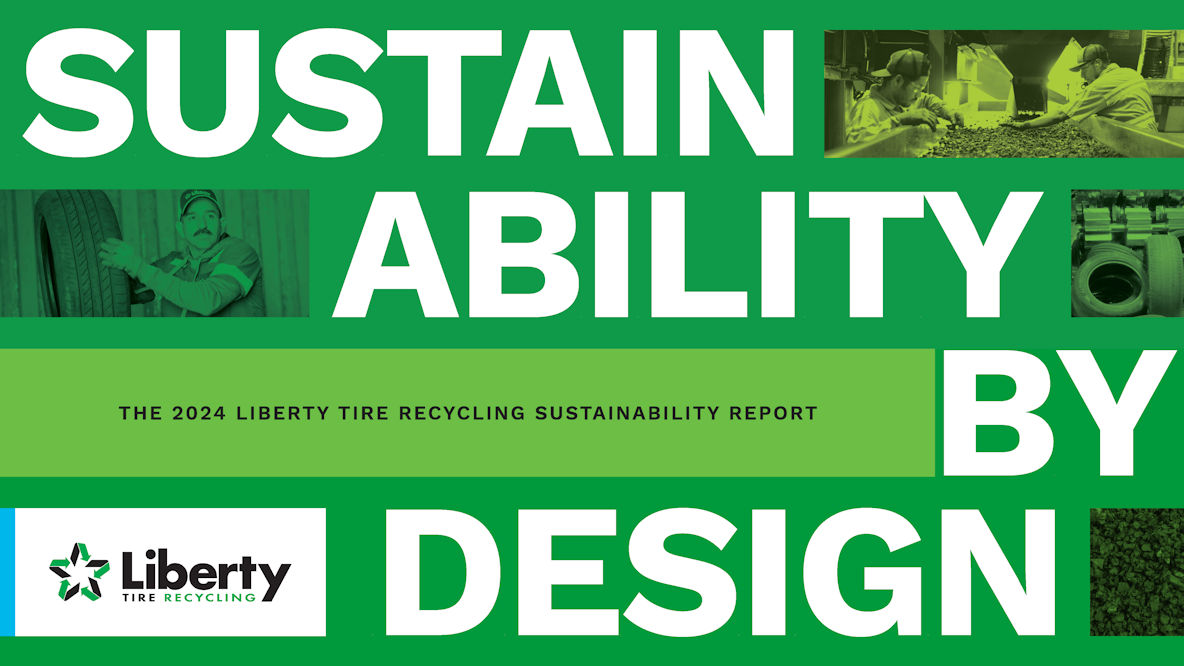Liberty Tire Recycling, North America’s leading provider of tyre recycling services, has released its 2024 Sustainability Report, highlighting another year of progress toward its vision of a more sustainable, circular economy
In 2024, Liberty collected more than 215 million end-of-life tyres and reclaimed over 4.7 billion pounds of rubber—creating innovative, high-value recycled products that support infrastructure, manufacturing, and energy recovery.
“At Liberty, we don’t just recycle tyres—we partner with others to build a better future,” said Thomas Womble, CEO of Liberty Tire Recycling. “Whether it’s a global manufacturer, a local retailer, or a city government, our partners trust Liberty to help them meet their sustainability goals and do right by their communities. This report is a reflection of what responsible growth looks like—when innovation, impact, and partnership work hand in hand.”

The report reflects Liberty’s growing impact and outlines progress in key focus areas:
- A 1.5% reduction in greenhouse gas emissions year-over-year, even amid company growth and acquisitions
- An 81.1% end-market utilisation rate, a 2.7% increase over 2023, moving more material into sustainable and innovative uses like rubberised asphalt, moulded goods, and sports and playground surfaces
- A 23.87% improvement in Total Recordable Incident Rate (TRIR) and a 29.25% improvement in Preventable Vehicle Accident Rate (PVAR) from 2023 to 2024, reflecting a stronger, safer culture across operations
- Over $150,000 donated to charities and more than 75 community projects completed, including 5,250 meal kits packed for children through Liberty’s partnership with Blessings in a Backpack.
“Our work is grounded in action and accountability. As the only North American tyre recycling company to publish a sustainability report, we are setting the standard for transparency in our industry,” said Amy Brackin, Senior Vice President of Sustainability. “From emissions management to zero-waste goals, we are proving that it’s possible to grow responsibly—moving more material up the value chain, investing in our people, and rethinking how tyres can create value long after they leave the road.”


















